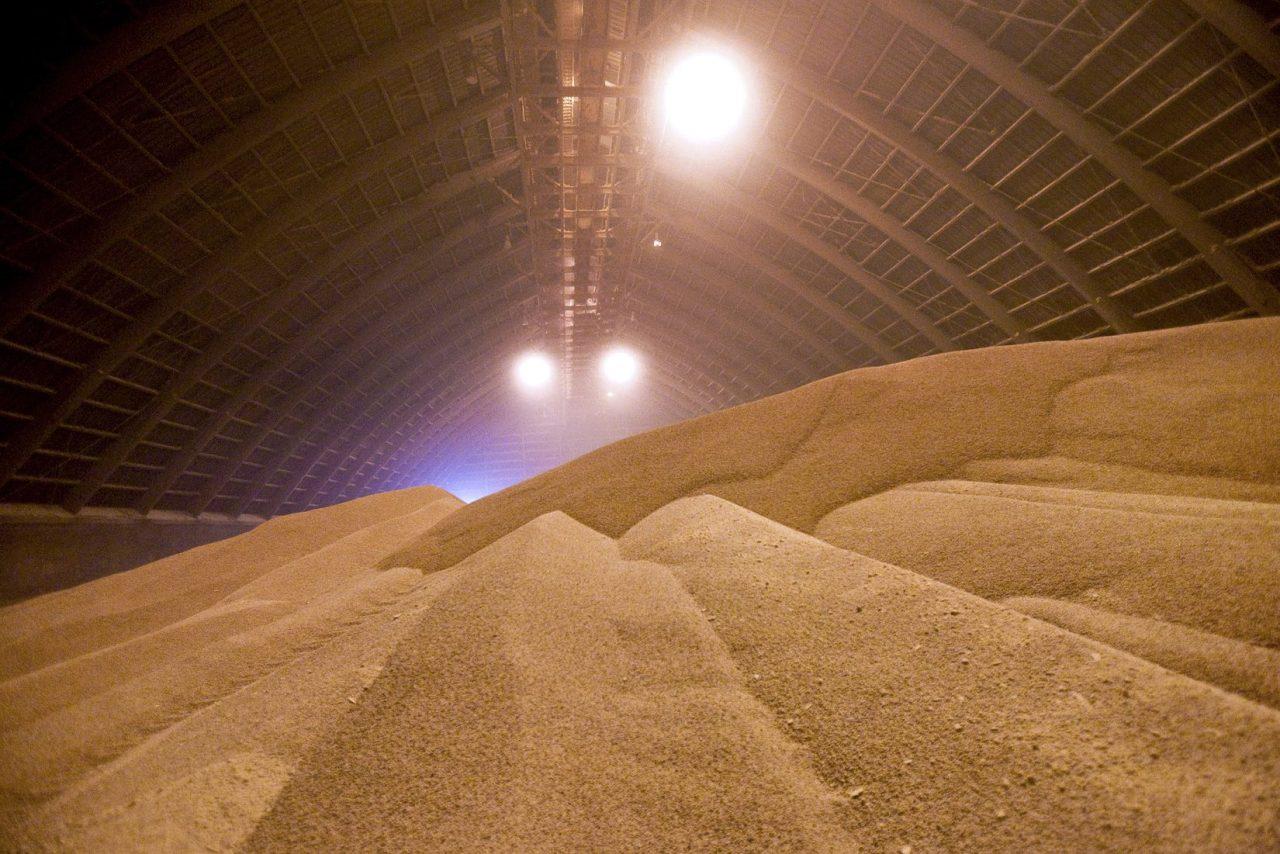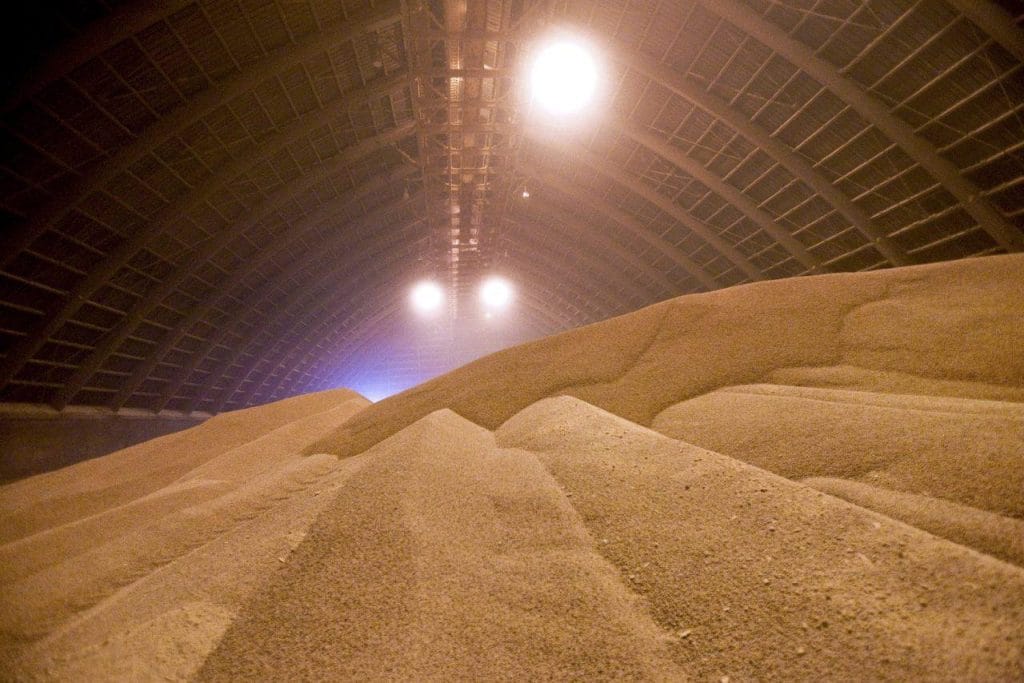 Potash is a fundamental component of the agriculture sector. It is primarily used as a fertilizer to enhance the soil’s potassium level, which plays a critical role in crop growth, water retention, and resistance to drought and disease. Its demand is entwined with the global necessity for increased agricultural yield to feed the expanding population. The mining of potash is a substantial industry, with a global market that has been relatively stable but is highly consolidated with major players dominating the scene; now, that’s about to change.
Potash is a fundamental component of the agriculture sector. It is primarily used as a fertilizer to enhance the soil’s potassium level, which plays a critical role in crop growth, water retention, and resistance to drought and disease. Its demand is entwined with the global necessity for increased agricultural yield to feed the expanding population. The mining of potash is a substantial industry, with a global market that has been relatively stable but is highly consolidated with major players dominating the scene; now, that’s about to change.
The market’s entrenched nature is characterized by a handful of countries housing the majority of potash reserves and production capacities. Canada, Russia, and Belarus are among the leading producers, while others like Brazil are heavily reliant on imports to meet their domestic demand. The significance of potash extends beyond agricultural needs; it’s a matter of national food security and economic stability, especially for countries with burgeoning agrarian sectors.
The state of the potash market bears a direct impact on countries like Brazil, where the need for a shift towards domestic production is palpable. Brazil’s agriculture sector is a cornerstone of its economy, yet the nation imports around 95% of the potash used in its fertilizers. This heavy reliance on imports exposes the country to price volatilities and supply disruptions in the international market, which in turn can potentially undermine the agricultural output and the broader economy.
A New Dawn with Brazil Potash’s Autazes Project
The Autazes Potash Project, owned and managed by Brazil Potash, marks a shift in Brazil’s potash trajectory. Situated in the Amazonas State, the project recently witnessed a significant endorsement from the Mura Indigenous community, which holds sway in the region. Following a series of free, prior, and informed consultations, the Mura participated in a decisive vote, unanimously favouring the project’s construction. This endorsement illustrates the local support for the initiative and marks a point in advancing the project to production.
On September 25th, leaders from the Mura community representing 36 villages and approximately 12,000 indigenous inhabitants, made a formal visit to the Government of Amazonas’ headquarters. They submitted a comprehensive report, encapsulating the outcomes of a General Assembly meeting held a week prior among the indigenous chiefs in Autazes. This assembly affirmed the community’s support for the Autazes Potash Project. The event also welcomed the participation of Potássio do Brasil, state deputies, secretaries, and the president of IPAAM, the environmental licensing body overseeing the project.
Global Potash Market Dynamics
The global potash market is driven by multiple factors, with the foremost being a growing global population. As population numbers soar, the demand for food escalates, propelling the need for potash as a vital soil nutrient to boost crop yields. The interplay between supply and demand in this market often mirrors the broader economic conditions and agricultural trends. For example, economic downturns or agricultural slumps might lead to reduced demand for fertilizers, including potash.
Price dynamics in the potash market also create complications. Unlike other commodities, potash prices have remained relatively stable over the years. This stability is partly attributed to the oligopolistic nature of the market, where a small number of producers hold a significant share, allowing for a higher degree of price control. However, price stability can also be a double-edged sword as it may deter new entrants, maintaining the status quo in the market structure.
With Brazil Potash’s Autazes Project set to become the first major new potash project in decades, the entire market could change. As Brazil sets out to change the dynamic of a critical mineral, the rest of the world will be watching for the start of an entirely new era.
Tradersdna is a leading digital and social media platform for traders and investors. Tradersdna offers premiere resources for trading and investing education, digital resources for personal finance, market analysis and free trading guides. More about TradersDNA Features: What Does It Take to Become an Aggressive Trader? | Everything You Need to Know About White Label Trading Software | Advantages of Automated Forex Trading









